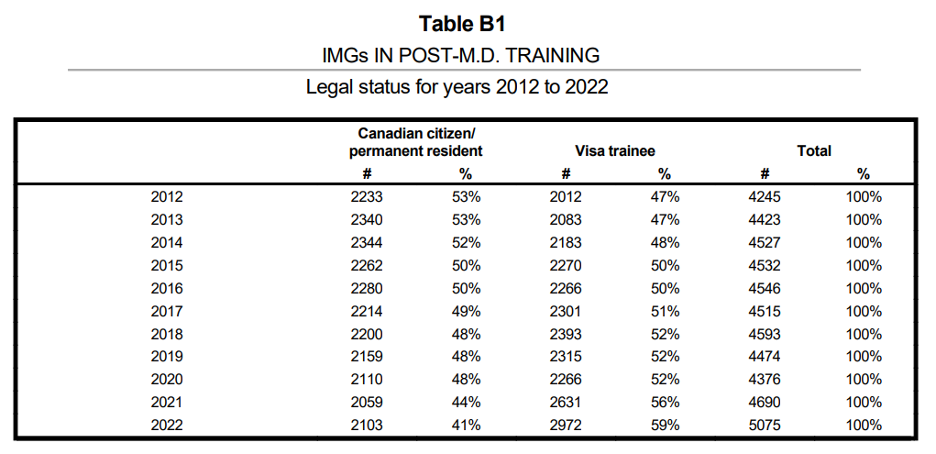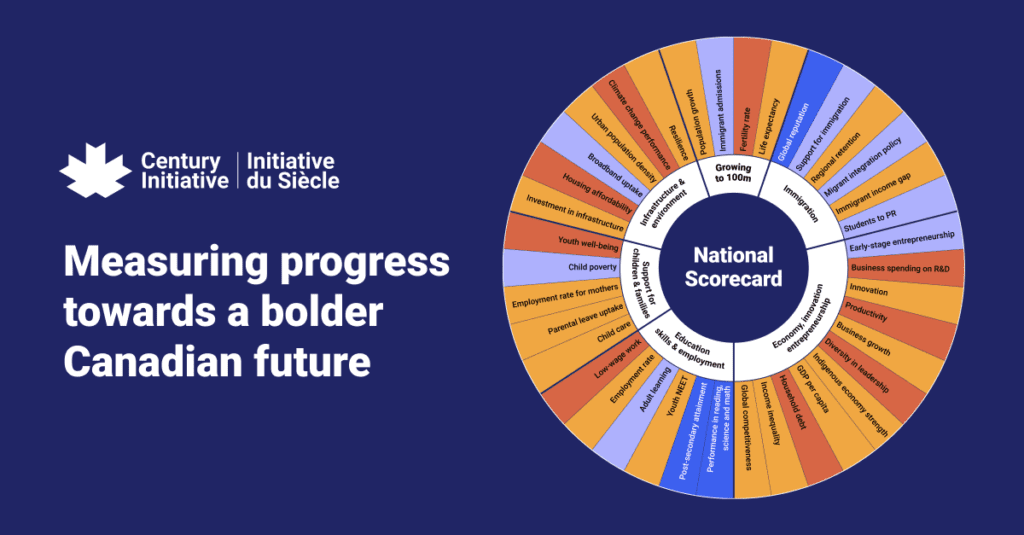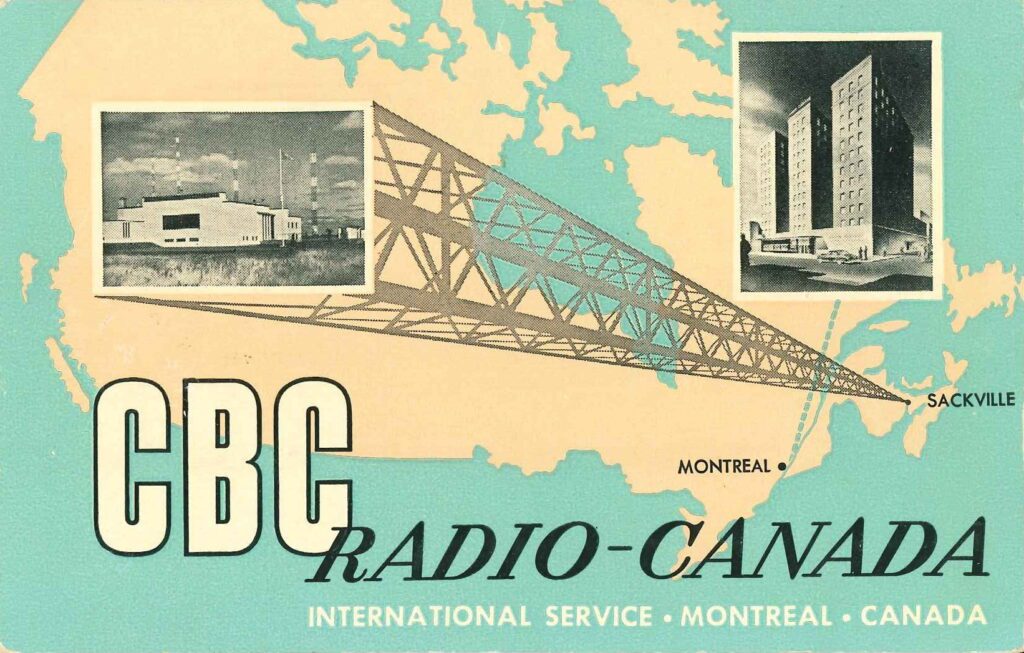“Our health is our most valuable asset.” Because access to healthcare is government controlled in Canada, Canadians are largely reliant on our government to protect this asset. Unfortunately, this Canadian asset and in thousands of cases life itself are being squandered by both the provincial and federal governments across Canada.
Healthcare is under the jurisdiction of the provinces under the constitution. It is the provinces which implemented the policy to limit the number of physicians who can be licensed to practice medicine. It is within the power of the provincial governments to bring down the barriers they constructed which prevent Canadian citizens and permanent residents from being licensed despite meeting the Canadian standard. The obstacle is the fiscal management policy the provinces implemented in the early 1990s which has logically and predictably led to the healthcare crisis we are experiencing. The policy is founded on a simple principle: To control healthcare spending, ration public access to healthcare by limiting the number of licensed physicians. Although there is sufficient political pressure to nibble at the policy, the policy has not been abandoned. The barriers remain in place and will remain in place until the political pressure is increased substantially.
The federal government also has jurisdiction over matters that impact public access to healthcare. One is the obligation to protect training positions and jobs for Canadian citizens and permanent residents (“Canadians”) before issuing visas to work in Canada to non-Canadians (foreigners–people from other countries who are NOT immigrants or refugees). To protect Canadians the law requires a Labour Market Impact Analysis (LMIA) before someone can bring in a non-Canadian to work. The LMIA must establish that there is no Canadian who is available and qualified to fill the position before the federal government will issue a work visa to a non-Canadian.
Despite this statutory requirement, the federal government has been issuing work visas which enable non-Canadians (“visa trainees”) to take entry level medical jobs called residency positions. These visa trainees displace qualified Canadians from working in these jobs and becoming licensed to work as doctors in Canada.
To justify the practice of displacing Canadians with non-Canadians, the federal government introduced Bulletin 230 which exempts the university Faculties of Medicine in Canada from the LMIA when it comes to non-Canadians working as resident physicians and fellows in Faculty of Medicine programs in Canadian hospitals. These non-Canadians who come primarily from oil rich countries train here and then leave as they are contractually obligated to do by their foreign sponsor.
The doctor shortage is so severe that Canadian municipalities, community groups, large corporations, philanthropists, and even the Ministry of Defence have offered to pay the costs related to training Canadian physicians.
However, when Faculties of Medicine who have a monopoly over residency training are asked to accept more Canadian IMGs into their programs, the Faculties claim that they lack the human resources to train more. For instance, in 2018, the Ministry of Defence asked the Faculties of Medicine of Canada to train 50 medical graduates for them as they could not deploy to regions they deemed necessary because of insufficient doctors. The Faculties claimed not to have the resources to train 50 recruits and instead agreed to train 5. In that same year, 2018, the Faculties accepted 142 new visa trainees into first year residency training.
In 2022 the Faculties accepted 148 first year visa trainees into residency training. For context, in response to physicians burning out; Canadians being unable to find family doctor; Canadians suffering and dying on waiting lists; and emergency departments not being able to open due to lack of staff, the provincial and federal governments are advising Canadians that they are working diligently to train and recruit physicians. However, in the year that 148 foreigners were accepted into residency positions, 1222 Canadians who had proven that they met the Canadian standard, were qualified to work as resident physicians, applied but were DENIED resident physician positions.
The number of visa trainees vs. Canadian IMGs in training in Canada is reported in CAPER 2023 data. The table below demonstrates the shifting proportion of Canadian IMGs to visa trainees in residency and sub-specialty training in Canada.

The Faculties’ “lack of ability” to train more Canadian resident physicians is a function of their preference for non-Canadian IMGs (“visa trainees”) and the federal government’s facilitation of this preference by exempting the Faculties of Medicine from the LMIA process. The motivation for accepting visa trainees over Canadians from the Faculties’ perspective is that they pay more than the provincial ministries pay and the money from visa trainees can be used for purposes unrelated to residency training.
In addition, it is more administratively efficient and predictable. If Canadian sponsors (municipalities, community groups, corporations, etc.) were allowed to fund—and they are willing but not allowed–would be less predictable, whereas the tap is always running for foreigners wanting to train in Canada under work visas. The motivation for the provincial ministries of health is that the sponsors of visa trainees reimburse the governmental body which pays the salaries of resident physicians. In addition, visa trainees are under contract to their sponsors to return to their country which furthers the fiscal management policy of the provinces to keep in check the number of physicians who can be licensed.
It is Canadian taxpayers who paid for the infrastructure and licensed physicians who train resident physicians who get the short end of the stick in this situation. Although the Canadian taxpayer has the benefit of having salaries of resident physicians paid by foreign corporations and government, this benefit pales when put in context of the inability to access healthcare which cost is measured not only in suffering and death, but financial hardship as well. The Fraser Institute reported in 2023 that medical wait times cost Canadian patients approximately $3.6 billion in lost wages last year.
It is easy to understand why the faculties and ministries like visa trainees. Less obvious, is why the federal government allows this. Federal data suggests that Canada will be short 44,000 doctors shortly. Tasker of the CBC asked Immigration Canada (IRCC) why the federal government would allow visa trainees to displace Canadians. The IRCC spokesperson stated that visa trainees benefit Canada by “contributing their time and expertise to Canada’s health care systems and the treatment of Canadians.”
There is tremendous difficulty with this justification. It is true that visa trainees’ salaries are reimbursed to the provinces by their sponsors. But the IRCC does not permit non-Canadians to work for reduced wages or even for free because this “benefit” would displace Canadians and cause substantial economic, social, and political issues. We have protections against this very thing in the immigration legislation. Visa trainees filling residency positions in Canada do not have any greater expertise than the thousands of Canadian IMGs who have been denied access to residency training. Indeed, some visa trainees graduated concurrently from the same schools as Canadians who studied medicine abroad. Some visa trainees come as fresh graduates from countries from which skilled and experienced immigrant physicians not only graduated but practiced.
Also noteworthy, Canadian IMGs cannot apply for residency positions without passing two Medical Council of Canada (MCC) examinations, but visa trainees for years did not have to pass any exams to prove educational equivalency in some provinces, and while today visa trainees must pass the MCC medical knowledge exam, they still do not have to take or pass the MCC clinical exam to work as resident physicians in Canada. This is true despite teaching physicians advising administrators that testing for competence is as important for visa trainees as for Canadian IMGs considering they all treat the Canadian public and at times must make life and death decisions.
The Society for Canadians Studying Medicine Abroad (SOCASMA) in 2019 brought an application to revoke Bulletin 230 which exempted visa trainees from the LMIA process. The grounds included there are thousands of Canadians qualified to work as resident physicians and are being prevented from taking these jobs; failure to prioritize these positions for Canadians harms the public as Canadian are losing income, suffering, and even dying because these training resources are not being used for Canadians; and there is no legal basis upon which the exemption of the LMIA process can be justified under the applicable legislation.
The IRCC responded that they would seek responses from stakeholders affected by this application. In 2020 the IRCC advised they were overwhelmed by COVID and could not dedicate resources to investigating this application at that time. In 2023 when COVID was declared over, SOCASMA followed up and was told the IRCC representative who had conduct of the application had left that position and a new person would take over. SOCASMA was advised that the application would be considered.
In October 2023 the CBC published and advised that the IRCC suggested that “there’s no plan to dismantle the regime” which is troubling to SOCASMA who was advised in August that the IRCC was investigating. The application is yet to be ruled on.
SOCASMA initiated a petition to revoke Bulletin 230 asking that visa trainees no longer bypass the LMIA process and displace Canadians who can train and stay in Canada to treat Canadians. The petition can be accessed here.
Society for Canadians Studying Medicine Abroad (SOCASMA) is a non-profit organization which advocates for Canadians from across Canada who chose to study medicine abroad but who face tremendous barriers which prevents them from being licensed to practice even after meeting the Canadian standard for medical education. Most are forced to leave Canada to work as doctors. We also support and advocate for immigrant physicians who have come to Canada and face the same hurdles as Canadians who study abroad. SOCASMA believes that after a person has been given immigration status in Canada, they are entitled to the same benefits and opportunities as all other Canadians.
All content on this website is copyrighted, and cannot be republished or reproduced without permission.
Share this article!




The truth does not fear investigation.
You can help support Dominion Review!
Dominion Review is entirely funded by readers. I am proud to publish hard-hitting columns and in-depth journalism with no paywall, no government grants, and no deference to political correctness and prevailing orthodoxies. If you appreciate this publication and want to help it grow and provide novel and dissenting perspectives to more Canadians, consider subscribing on Patreon for $5/month.
- Riley Donovan, editor